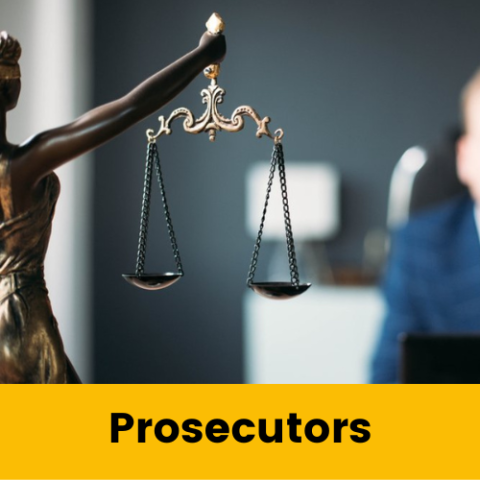Attorney Misconduct
Prosecutorial misconduct refers to actions by a prosecutor that are unethical, illegal, or violate the rights of a defendant. This type of misconduct can occur at any stage of a criminal case and can include actions such as withholding evidence that is favorable to the defense, making false statements to a court or jury, or coercing a witness to provide false testimony. Additionally, it can include engaging in unethical behavior such as presenting evidence that the prosecutor knows to be false, using racial or gender biases to influence the outcome of a case, or engaging in discriminatory practices in the selection of a jury. When a prosecutor engages in misconduct, it can result in an unfair trial, wrongful conviction, or other injustices. Prosecutors have a professional obligation to act with integrity and to pursue justice fairly, and they must be held accountable when they engage in misconduct.
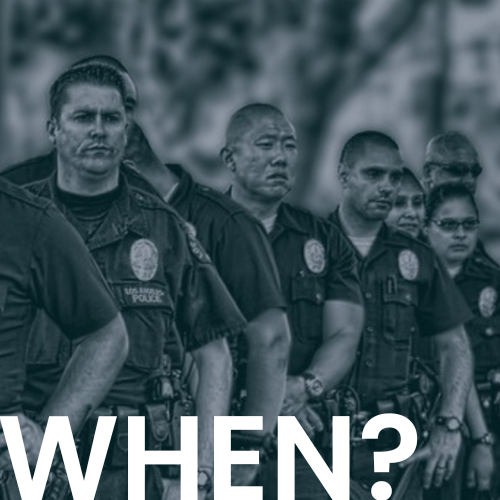

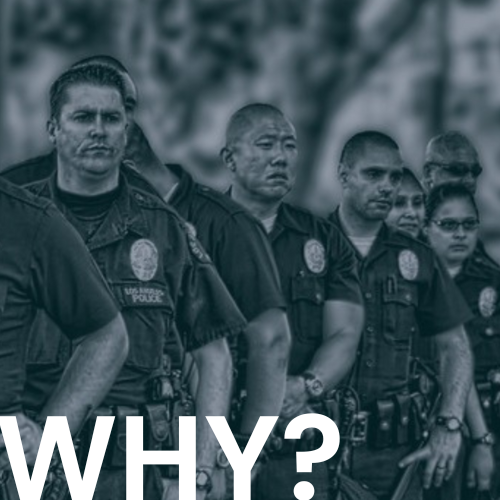
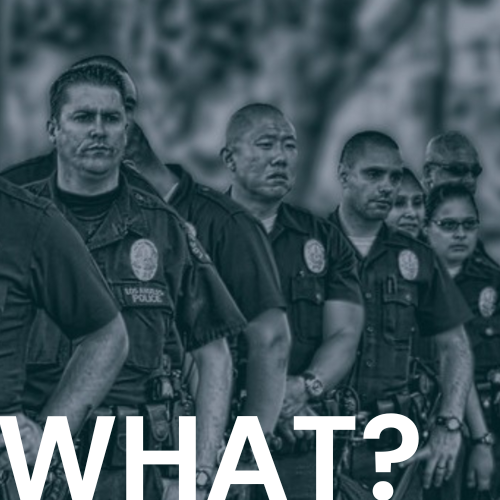
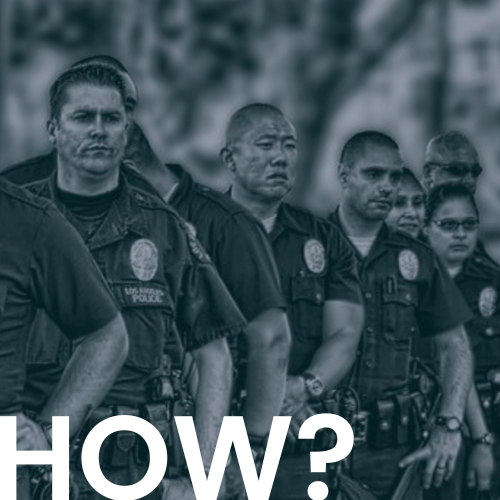
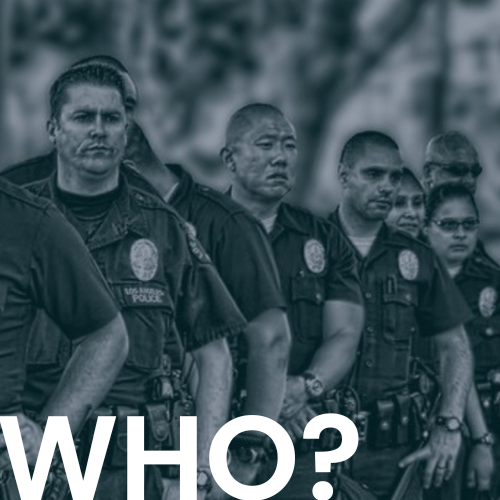
![Peace Officer Standards & Training [POST] Departments Peace Officer Standards & Training [POST] Departments](/sites/default/files/styles/large/public/2023-07/Brady.png?itok=xsIFvU8R)
![Organizations [Law Enforcement et al.] Organizations [Law Enforcement et al.]](/sites/default/files/styles/large/public/2023-07/Brady%20%282%29.png?itok=H7Pj15F8)

